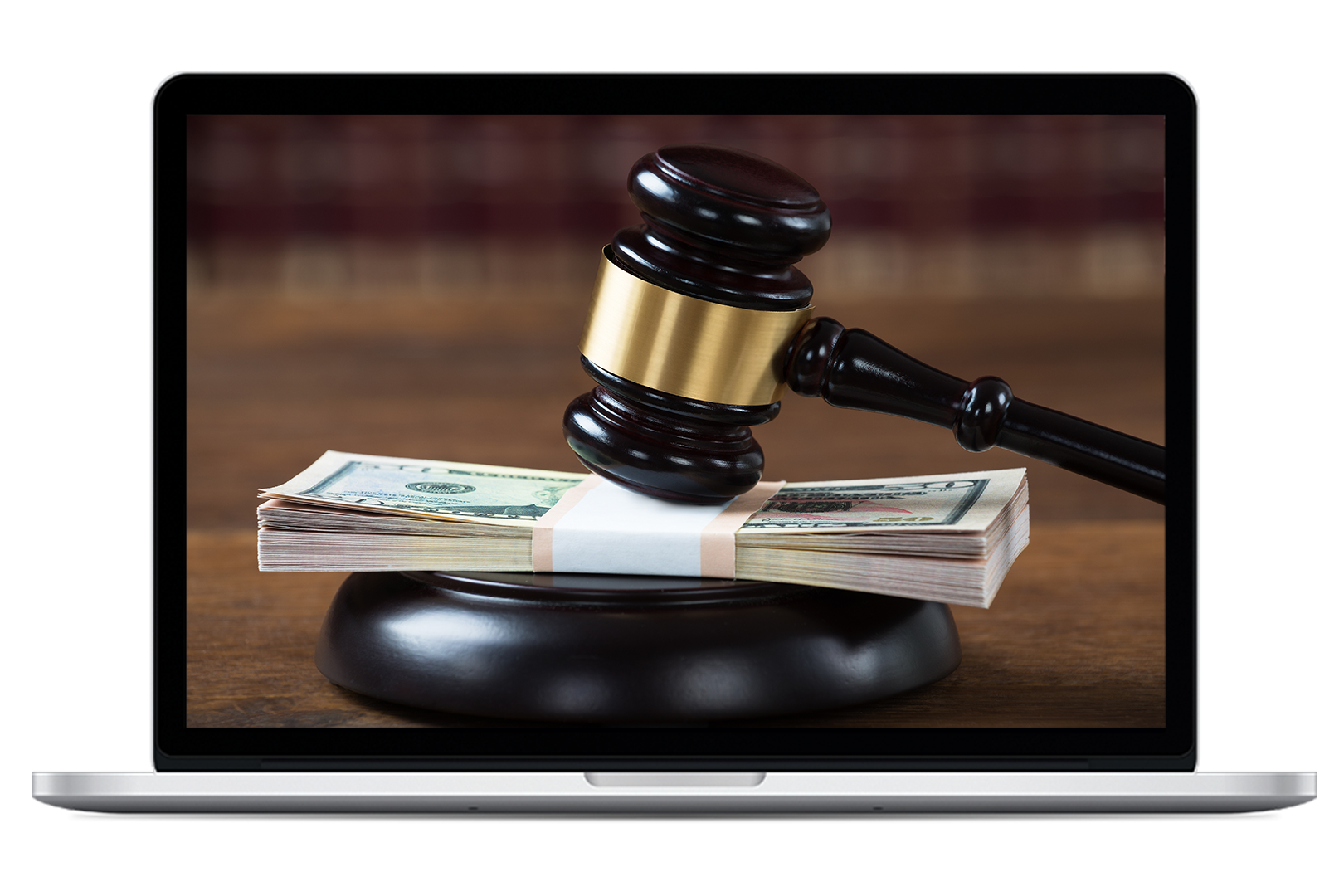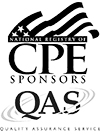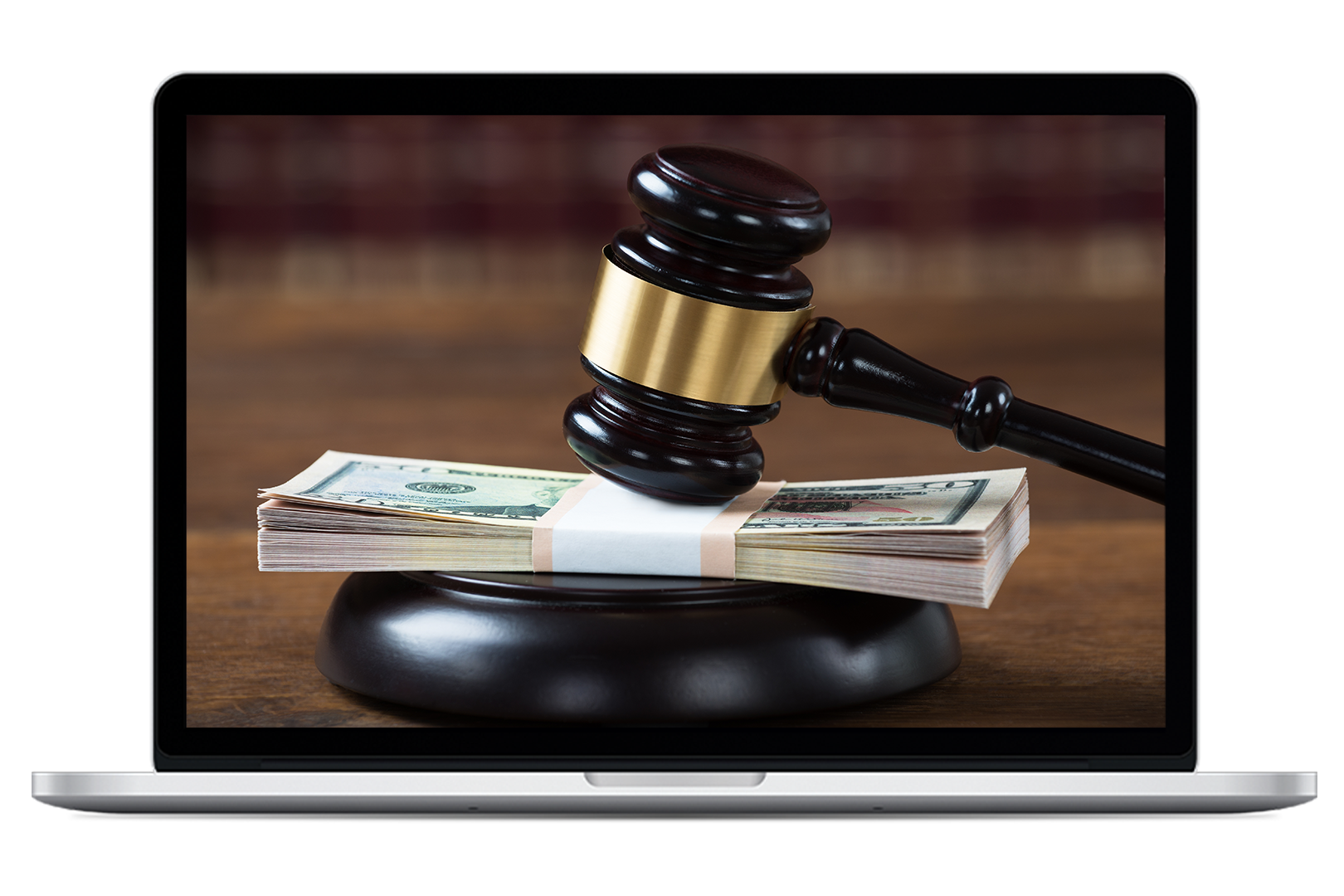Prosecution and Punishment of White-Collar Crime

Overview
Online
Description
While white-collar crime continues to rise in complexity with harder to detect schemes, holding the fraudsters accountable for these financially devastating crimes has reached an all-time low. In this course, you will learn about the civil and criminal legal process and the fundamental flaws that arise from inconsistent application of punishment among those found guilty of fraud.
Key Takeaways:
- Differences between a civil proceeding and a criminal prosecution for individuals and organizations charged with committing fraudulent acts
- Outcomes of fraud perpetrators after their sentence has been served
- How punishment is applied differently, and at varying degrees, for white-collar criminals compared to other offenders
- The implications of misaligned consequences and how they can create environments conducive to fraud
Prerequisites
None
You Will Learn How To:
Recognize common characteristics of organizations and individuals who have committed fraud
Differentiate between civil proceedings and criminal prosecutions in white-collar cases
Identify methods commonly used to punish white-collar criminals
Discern nonlegal consequences that perpetrators face after their frauds are discovered
Compare punishment of white-collar criminals with other criminal offenders
Table of Contents
| Part I | Understanding White-Collar Crime |
|---|---|
| Lesson 1 | Defining White-Collar Crime |
| Lesson 2 | Offender Characteristics |
| Lesson 3 | Organizational Characteristics |
| Part II | The Judicial Process |
| Lesson 4 | The Legal System |
| Lesson 5 | Civil Judicial Process for White-Collar Cases |
| Lesson 6 | Criminal Judicial Process for White-Collar Cases |
| Part III | Punishing White-Collar Crime |
| Lesson 7 | Civil Punishment |
| Lesson 8 | Criminal Punishment |
| Lesson 9 | Nonlegal Consequences |
| Part IV | The Future of White-Collar Crime |
| Lesson 10 | The History of White-Collar Crime Prosecution and Punishment |
| Lesson 11 | Current Prosecution and Punishment Trends |
| Lesson 12 | Prosecuting and Punishing Fraud in the Future |
CPE Information
| CPE Credit: | 3 |
|---|---|
| NASBA Information: | Business Law |
| Advance Preparation: | None |
| Last Updated: | June 2025 |
| Delivery Method: | QAS Self-Study |
Policies
CPE Credit
Please note: To be eligible for CPE credit, you must complete the final exam within one year of purchase date. You may only claim CPE credit for a course once.
ACFE Online Self-Study Courses
Features:
- 24/7 access to courses through your Internet browser
- Save time and quickly earn CPE credits with instant access, grading and printable certificate
- The flexibility to start or stop a course and pick-up right where you left off
- No additional shipping fees
Learn More about accessing your online self-study course
Learn More about online self-study courses and their features
System Requirements:
- Internet access: High-speed connection recommended
- Speakers required for video sound
 The Association of Certified Fraud Examiners, Inc. is registered with the National Association of State Boards of Accountancy (NASBA) as a sponsor of continuing professional education on the National Registry of CPE Sponsors. State boards of accountancy have final authority on the acceptance of individual courses for CPE credit. Complaints regarding registered sponsors may be submitted to the National Registry of CPE Sponsors through its website: www.nasbaregistry.org/.
The Association of Certified Fraud Examiners, Inc. is registered with the National Association of State Boards of Accountancy (NASBA) as a sponsor of continuing professional education on the National Registry of CPE Sponsors. State boards of accountancy have final authority on the acceptance of individual courses for CPE credit. Complaints regarding registered sponsors may be submitted to the National Registry of CPE Sponsors through its website: www.nasbaregistry.org/.
Ordering and Returns
Satisfaction Guarantee
If you are not 100% satisfied with any ACFE product, you may return it to us, provided it is in excellent condition, for a full refund of the item minus the cost of shipping. Toolkits and bundles may only be returned as a complete set.
Ordering & Returns Policy

